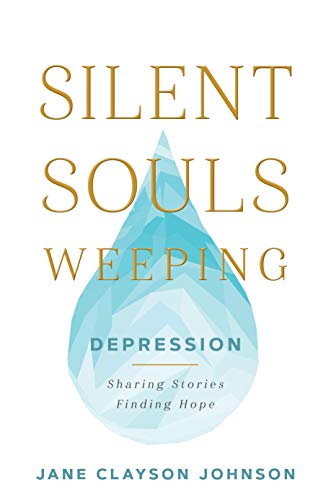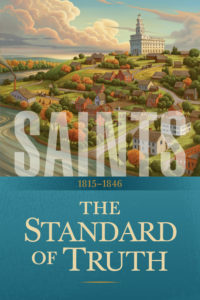Elder Whitney Clayton was the keynote speaker this week at an interfaith religious freedom conference series being sponsored by the Catholic Diocese of Sacramento, William Jessup University, and The Church of Jesus Christ of Latter-day Saints. THe Conference series is on the topic of “Preserving Our Religious Freedoms with a Civil Voice: People of Faith Working Together in the Public Square.”
Elder Clayton’s remarks were well received by a very diverse group of people of diverse faith traditions who are coming together to speak up about the important role that faith plays in the public square.
His remarks were recorded and will eventually be available online. However, his remarks were substantially similar to ones that he gave at BYU’s Religious Freedom Annual Review in June 2018. Here is a write up in Meridian on those remarks.
Elder Clayton’s central thesis was that increasingly many people in our secularizing society do not really understand the role that religion plays in the life of the believer. All too often, faith is seen “as something akin to a quirky, private belief or hobby like secretly believing in the Yeti or UFOs or belonging to a weekly bowling league.” From that premise it is easy to treat faith as something quaint or unnecessary. Accordingly, it is easy to say “You are welcome to have your own private fantasy world, but keep it private and don’t make me acknowledge it.” When push comes to shove, beliefs must yield to changing social trends.
But in reality, faith is far deeper than that. “[F]or tens of millions of Americans, faith and religious convictions are the most powerful defining sources of personal and family identity in their lives. … [T]heir faith is marrow to their very bones of who and what they are.” Faith is far more central than that: ”
“Once experienced and accepted, faith in God is life-altering. The faithful, life-changing choice to believe deeply influences ones personal, familial, and cultural identity. It defines who and what we are, how we understand our purpose for being, how we relate to others, how we deal with pain, suffering and death.”
Elder Clayton argued that we can do much more to make clear that religious plays a role at least as profound as our identifiers such as “race, color, national origin, ethnicity, sexual orientation, education, profession, wealth and so on,” and that from such a foundation we can build am ore authentic and productive dialogue with those who might disagree with us.
I really liked Elder Clayton’s focus. All too often, we believers try to minimize or downplay our faith in conversations with others. Instead, we need to be clear about where we are coming from and about those beliefs that are part of the marrow in our bones


 This post is based on a sacrament meeting talk that I gave a few months ago that I have felt prompted to share on here:
This post is based on a sacrament meeting talk that I gave a few months ago that I have felt prompted to share on here: At the start of Chapter 7, the translation of the Book of Mormon is progressing rapidly due to an unseasonably cold and wet spring which delayed the planting season. But in the process of translation, Joseph Smith and Oliver Cowdery read of the Savior’s strong emphasis on baptism. Joseph had not been baptized and so he sought to learn how to receive the ordinance by properly.
At the start of Chapter 7, the translation of the Book of Mormon is progressing rapidly due to an unseasonably cold and wet spring which delayed the planting season. But in the process of translation, Joseph Smith and Oliver Cowdery read of the Savior’s strong emphasis on baptism. Joseph had not been baptized and so he sought to learn how to receive the ordinance by properly.